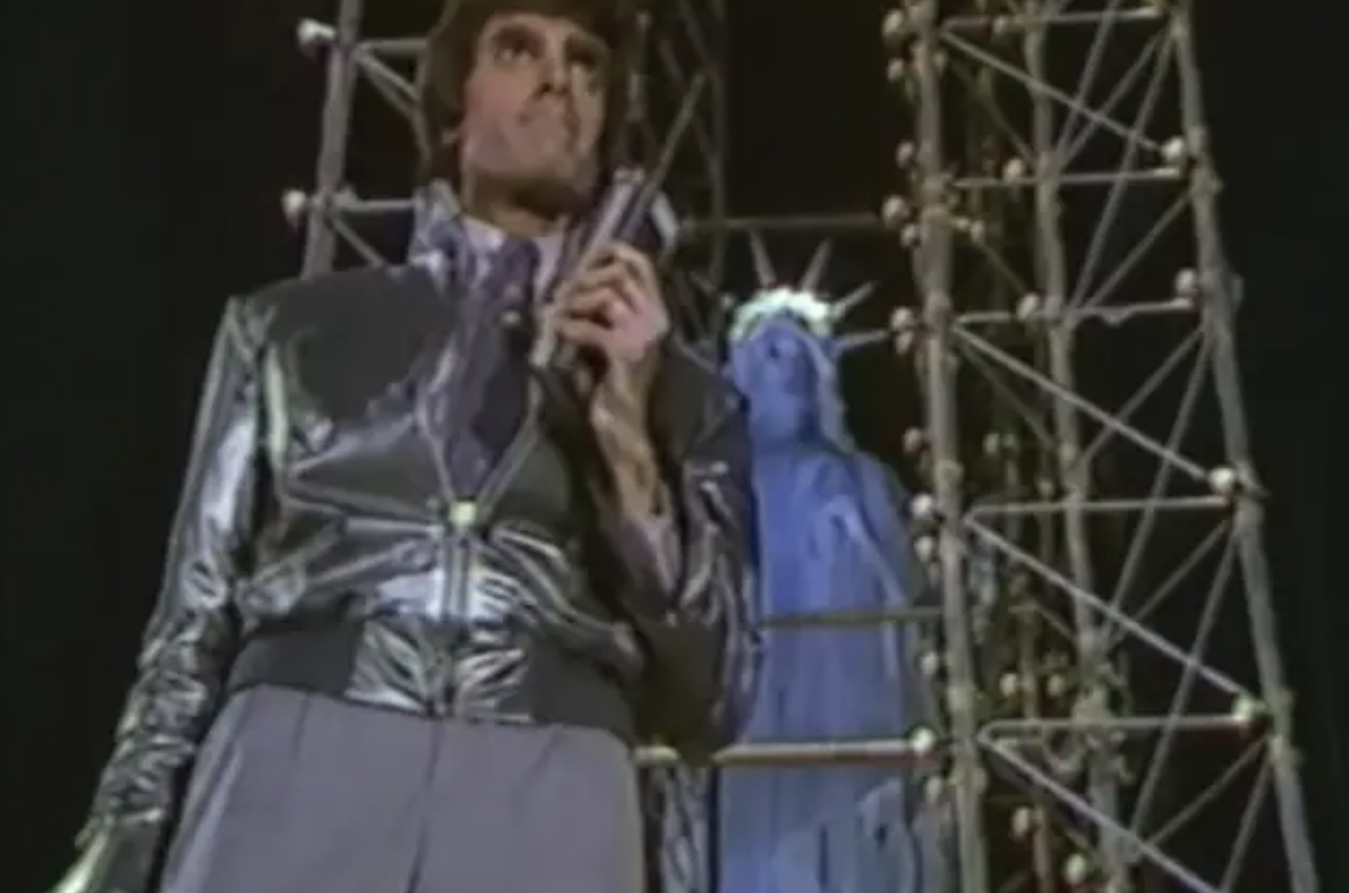Attention is precious
You give away your age with your reaction to these names:
Dynamo.
David Blaine.
David Copperfield.
Paul Daniels.
And Debbie McGee of course.
As with musicians, every generation has its magician.
We love their ability to transcend reality.
To make the impossible seem plausible.
For the real and the unreal to co-exist - even if just for a moment.
Dynamo’s Ace cannot literally be on fire one moment and in the dude’s pocket the next.
Paul Daniels does not actually saw Debbie McGee in half.
David Copperfield hasn’t really made the statue of liberty disappear.
And yet, in some ways, those things have all happened.
For a split second in our collective imagination.
That’s the source of the pleasure; we will them to be real because we know they’re not.
And on some level, doesn’t this speak to our deepest optimistic desire?
The hope that anything is possible if only we believe it enough.
Aside from our willingly suspension of disbelief, magic’s success relies on the manipulation of one thing above all else: attention.
Illusions depend on the magician’s ability to get the audience to look here whilst the trick is happening over there.
By the time we’ve regained executive control of our attention, we realise our focus has been pulled, the magic has happened and we’re left to revel in the reveal.
So here is my question: what do the magicians know that the rest of us don’t?
And I think it’s this; attention is precious.
In fact, some say it is the only scarcity we have in this world.
The Poet Mary Coliver wrote: “Pay attention. Be astonished.”
And what better use of our scarce attention than to turn it to the pursuit of astonishment?

